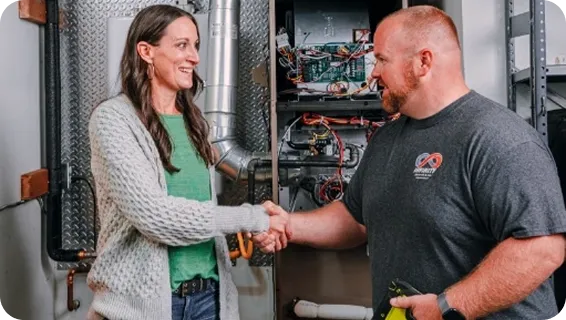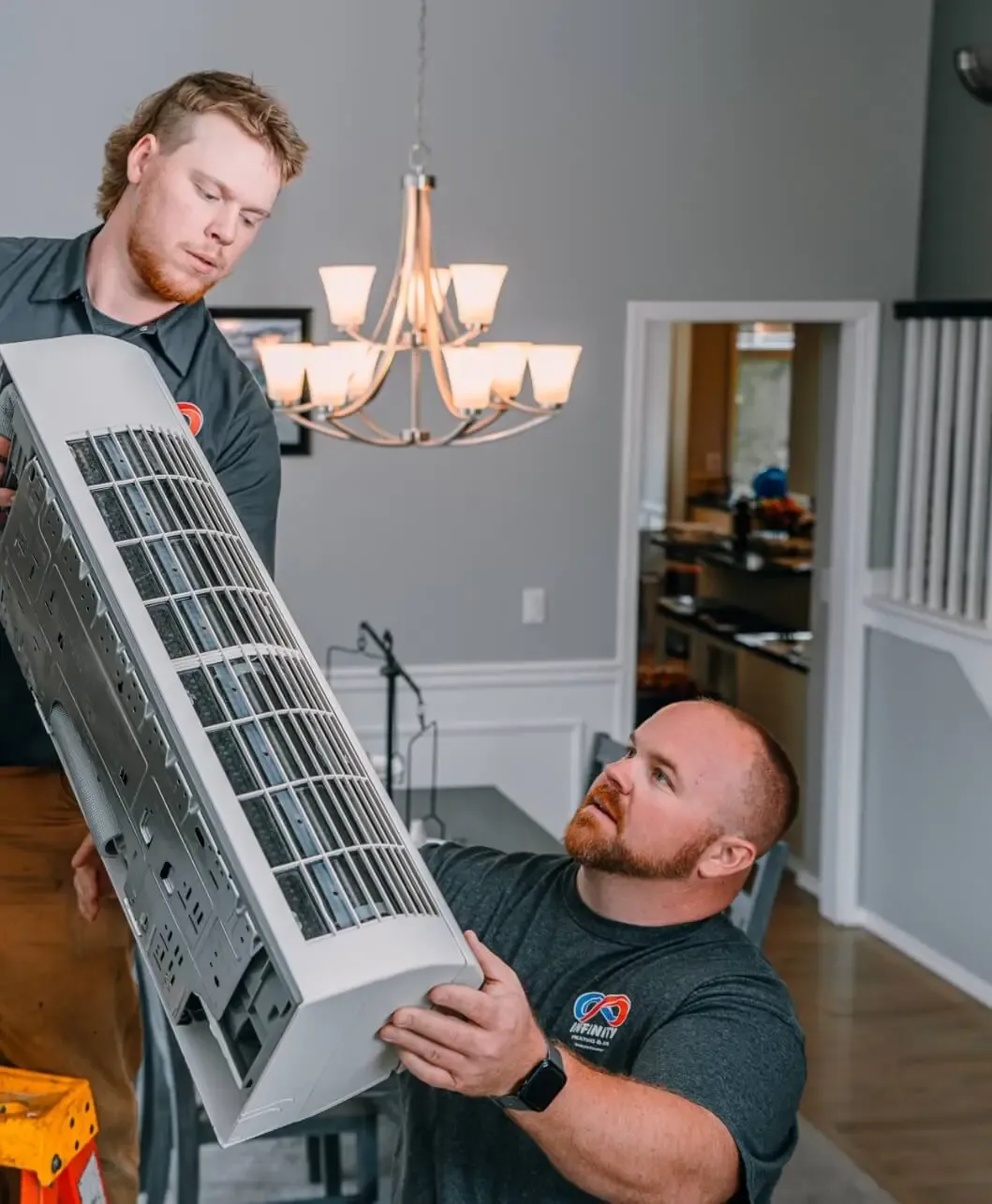
How Much Does HVAC Installation Cost: A Breakdown
HVAC Installation Costs: Infinity Heating & Air provides a guide to help homeowners understand pricing and make smart choices in 2025.
.webp)

Whether you’ve just bought your first home or you’re trying to keep up with the ever-changing prices associated with any type of appliance, knowing what to expect from HVAC costs is important. Installing an HVAC system is a big investment, and with so many factors at play, costs can vary widely. In this guide, we’ll dive deep into the factors that influence HVAC installation costs, provide estimates for different types of systems, and offer practical advice for saving on installation without sacrificing quality.
Factors That Affect HVAC Installation Cost
When it comes to HVAC installation, various elements can influence the final cost. Knowing what factors affect your estimate can help you make informed decisions and compare quotes accurately.
System Type (Central Air, Ductless, etc.)
HVAC systems come in several varieties, and each type has its own price range. Here are some common types and what to expect:
- Central Air Conditioning Systems: These systems are generally more expensive upfront but are popular for their efficiency in cooling larger homes.
- Ductless Mini-Split Systems: Known for their flexibility, ductless systems can be installed in specific zones or rooms, making them ideal for smaller spaces.
- Heat Pump Systems: Heat pumps can provide both heating and cooling, which can lead to long-term savings on utility bills.
System Size and Home Square Footage
HVAC units are designed to match the size and needs of your home. Generally, the larger the home, the more powerful—and expensive—the HVAC unit will need to be. For example, a home of 1,000 square feet will likely require a smaller system than a home of 2,000 square feet.
Efficiency Ratings (SEER and EER)
Efficiency is measured by SEER (Seasonal Energy Efficiency Ratio) and EER (Energy Efficiency Ratio). Higher-rated systems cost more upfront but can reduce utility bills over time due to better energy savings.
Brand and Quality of the Unit
Premium brands may come with a higher price tag, but they are often associated with better reliability and energy efficiency. However, you can also find high-quality units at a lower cost by selecting a trusted brand that balances quality and budget.
Location and Climate Considerations
Western Washington’s mild and wet climate can influence HVAC needs, as homes in this region may prioritize heating solutions. The region’s climate and specific energy requirements may affect the cost of both the system and installation.
HVAC Installation Cost Breakdown by Type
Choosing the right HVAC system involves not only the right fit for your home’s needs but also understanding how much each type might cost. Here’s a quick cost breakdown for different types of systems.
Cost of Central Air Conditioning Systems
- Typical Cost Range: $3,500 – $7,500
- Best For: Homes with existing ductwork, larger homes requiring even cooling.
Cost of Heat Pump Systems
- Typical Cost Range: $4,000 – $8,000
- Benefits: Ideal for moderate climates; provides both heating and cooling.
Ductless Mini-Split Systems
- Typical Cost Range: $2,000 – $5,000 per unit
- Best For: Homes without ductwork or specific zones needing temperature control.
Furnace and Boiler Systems
- Typical Cost Range: $3,000 – $6,500
- Benefits: Efficient heating, commonly used in colder regions or homes needing a reliable heat source.
How Much Does It Cost to Replace an Entire HVAC System?
Replacing an entire HVAC system is often more expensive than installing a new one, especially in older homes. Here’s what factors into the replacement cost:
- Existing Ductwork: Replacing old or damaged ductwork can add significantly to the cost. For homes with outdated or inefficient ducts, replacing the entire system may be necessary to improve air quality and efficiency.
- Electrical Updates: Older homes may need electrical upgrades to handle the power requirements of a new HVAC system, which can increase the overall cost.
Cost of an HVAC System by Square Footage
When sizing an HVAC unit, the square footage of your home plays a significant role. Here’s a look at the cost estimates based on different home sizes.
Cost for a 1000 Sq Ft Home
For a smaller home of around 1,000 square feet:
- Cost Range: $3,000 – $5,500
- System Size: 1.5 to 2.5 tons
Cost for a 1200 Sq Ft Home
A 1,200 square foot home might require a slightly larger unit:
- Cost Range: $3,500 – $6,000
- System Size: 2 to 3 tons
Scaling Costs for Larger Homes (2000+ Sq Ft)
For homes over 2,000 square feet, expect the cost to rise accordingly:
- Cost Range: $5,500 – $10,000+
- System Size: 3 to 5 tons
Seasonal Price Variations in HVAC Installation
Timing your HVAC installation or replacement can also affect costs. The seasons can influence pricing greatly, as many HVAC companies offer discounts during off-peak seasons, such as spring and fall, when demand is lower. Installing during these seasons can reduce your overall costs. These same HVAC manufacturers and contractors run special promotions throughout the year. Keeping an eye out for these promotions can save you a lot on both systems and installation costs.
The Most Expensive Parts of an HVAC System
Costly Components like Compressors and Heat Exchangers
Compressors and heat exchangers are vital but costly parts of HVAC systems. If these components fail, replacement can be expensive. Opting for a high-quality system from the outset can mitigate the risk of early part failure.
Installation Labor and Permits
Labor costs and permits are often overlooked but necessary for a safe and compliant installation. Depending on your location and the complexity of the install, labor can account for up to 40% of the installation cost.
Additional Costs to Consider in HVAC Installation
Ductwork Installation or Replacement
If your home lacks existing ductwork or if the ducts need replacement, the costs can add up quickly. Expect to pay an additional $2,000-$5,000 for ductwork installation or replacement.
Upgrades and Add-Ons (Thermostats, Air Purifiers)
Modern HVAC systems offer optional upgrades like smart thermostats and air purifiers that improve comfort and air quality. These upgrades add to the initial cost but can increase the overall efficiency and performance of your system.
Practical Tips to Save on HVAC Installation Costs
Looking to save on installation costs? Here are some actionable tips:
- Compare Quotes: Don’t settle for the first estimate; compare quotes from several HVAC companies.
- Choose Off-Season Installation: Scheduling installation during off-peak times like spring or fall can reduce labor costs.
- Consider Financing Options: Many HVAC companies offer financing plans that spread costs over time, making higher-quality systems more accessible.
Financing Options for HVAC Installation
When it comes to managing the cost of a new HVAC system, many homeowners turn to financing options to make the investment more affordable. Traditional loans from banks or specialized HVAC financing plans are popular choices, helping spread out the payments over time. Some HVAC companies also offer in-house financing options, often with competitive rates, making it convenient to finance directly through the installer. Additionally, there may be rebates available from manufacturers or utility companies, which can help offset costs. Energy-efficient systems can also qualify for federal or state tax credits, providing further savings for homeowners looking to improve their home’s comfort and efficiency.
Final Takeaways on HVAC Installation Costs
Investing in an HVAC system is essential for year-round comfort and energy efficiency. By understanding the factors affecting installation costs, including system types, square footage, and seasonal price variations, you can make an informed choice. Whether it’s time to install a new system or replace an older unit, knowing what to expect financially can ease the process and help you choose a reliable system tailored to your needs.
Why Choose Infinity Heating and Air?
At Infinity Heating and Air, we’re committed to providing locally tailored, reliable HVAC solutions. Our team, backed by journeyman-level craftsmanship, takes pride in offering a full spectrum of HVAC and air quality services designed to keep your home comfortable and your air clean. For expert advice, quality installation, and a welcoming experience, reach out to Infinity Heating and Air. We’re here to help you enjoy endless comfort in every season. Contact us today to explore your options for heating, cooling, and air quality solutions.

Endless Comfort
Starts Here
Our expert technicians are ready to serve you and your home.





